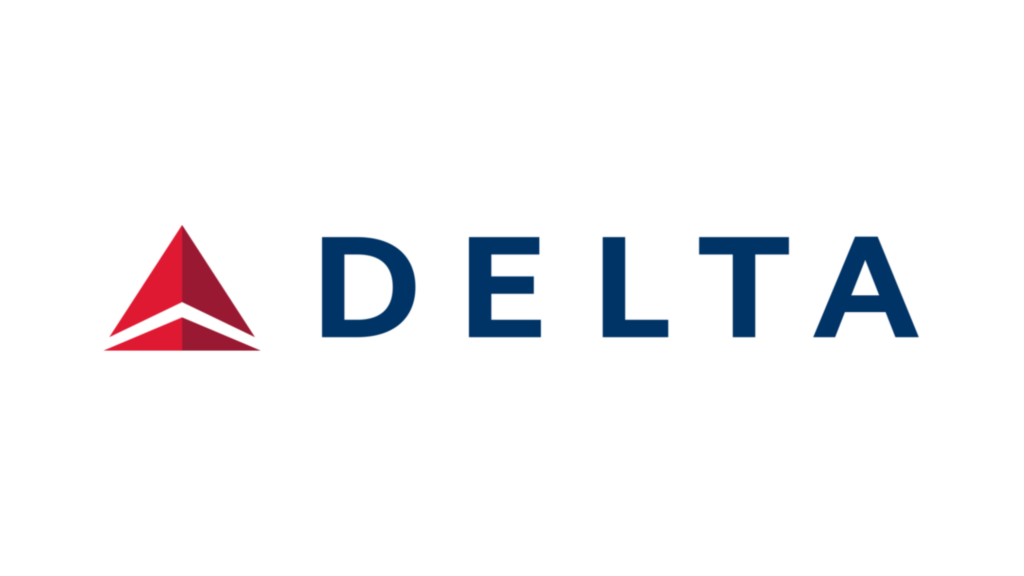Domain Authority (DA) is a critical metric that, while not officially recognized by Google, provides a reliable snapshot of your website’s overall SEO health and potential ranking power. The higher your DA, the more likely your site is to rank well on search engine results pages (SERPs), gain quality traffic, and build trust with both users and search engines. In today’s competitive digital landscape, boosting your Domain Authority requires a multifaceted approach that includes high‑quality content creation, ethical link‑building strategies, and a rock‑solid technical SEO foundation.
Get AI‑Powered Results Now. Ready to leverage cutting‑edge, data‑driven tactics? Contact SuperMassive Agency at [email protected] or call 678‑855‑5169 to discover how our AI‑driven solutions can transform your SEO strategy.
Understanding Domain Authority
Domain Authority is measured on a scale from 1 to 100; higher scores indicate a greater likelihood of ranking well organically. This metric takes into account multiple factors, including the quality and quantity of inbound links, overall site trustworthiness, and the effectiveness of your internal linking and technical SEO. Although DA was popularized by Moz, similar metrics like Authority Score or Domain Rating are provided by other SEO tools such as SEMrush and Ahrefs. Even though Google doesn’t use DA directly, these scores act as a proxy for your site’s overall SEO strength.
Building a high DA is a long-term endeavor that depends on constantly refining your digital presence. It requires a shift away from outdated tactics—such as link farms or hidden text—to a focus on genuine, user‑friendly practices. Instead of seeking shortcuts, invest in strategies that deliver real value to your audience. High DA isn’t just about accumulating links; it’s about ensuring those links come from reputable sources that signal trustworthiness and authority.
Quality Content Creation
Content remains the cornerstone of a successful SEO strategy. In the quest to boost Domain Authority, producing evergreen, user‑focused content is indispensable. Start with comprehensive keyword research that goes beyond high volume—identify topics with real user intent and areas where your expertise can shine. Use tools like SEMrush, Moz, or Ahrefs to uncover data‑driven insights into keyword trends and competitor gaps.
Once you have a solid content strategy, focus on crafting articles, guides, videos, or infographics that provide in‑depth answers and actionable advice. Prioritize readability by breaking content into clear sections, using bullet points and subheadings to guide the reader, and integrating relevant images and multimedia that enhance engagement. High‑quality content not only improves user experience and dwell time—which are factors in search rankings—but also encourages other sites to link to your work.
In addition, emphasize the principles of E‑E‑A‑T: Expertise, Experience, Authoritativeness, and Trustworthiness. Displaying solid credentials, citing reputable sources, and regularly updating your content with the latest data helps build your site’s credibility over time. This, in turn, boosts your Domain Authority as search engines increasingly value sites that provide reliable, accurate, and up‑to‑date information.
Ethical Link‑Building Techniques
Link‑building is one of the most potent strategies for increasing DA, but it must be approached ethically. Backlinks act as endorsements, signaling to search engines that your website is a trusted resource. However, not all links are created equal. Focus on earning editorial links from authoritative websites in your niche through strategies such as guest posting, digital PR, and broken link‑building.
Guest posting remains one of the most effective ways to secure high‑quality backlinks. Identify reputable industry blogs and publications where your expertise can add real value, and pitch in‑depth articles that naturally link back to your site. Digital PR can also be hugely beneficial—develop original research, infographics, or case studies, then share these insights with journalists and influencers who are likely to mention your brand.
Another effective tactic is broken link‑building, where you identify outdated or dead links on authoritative sites and suggest your relevant, high‑quality content as a replacement. Not only does this help you earn valuable backlinks, but it also fosters goodwill by assisting site owners in maintaining their own content quality.
Steer clear of black‑hat strategies like buying links or joining link exchange networks; these tactics can lead to severe penalties from search engines and ultimately harm your Domain Authority. Instead, focus on building a strong, natural backlink profile that grows organically over time.
Technical SEO Foundations
Even the best content and ethical link‑building strategies can fall flat if your website isn’t technically sound. A technically optimized site ensures that search engines can easily crawl, index, and interpret your content, while also providing a seamless user experience. One of the first steps is to optimize your website’s loading speed—compress images, leverage browser caching, and use a Content Delivery Network (CDN) to keep load times under three seconds. Fast pages not only reduce bounce rates but also signal quality to search engine algorithms.
Mobile‑first responsiveness is essential; with the majority of searches now occurring on mobile devices, your site must offer an optimal experience regardless of screen size. Implementing structured data through schema markup can further enhance your presence in SERPs by enabling rich snippets, knowledge panels, and improved link eligibility. Additionally, maintain a clean URL structure and robust internal linking practices to help search engines navigate your site effectively.
Regular technical audits are imperative—review XML sitemaps, fix broken links, and monitor crawl errors using tools like Google Search Console. By ensuring that your site’s technical underpinnings are strong, you create a fertile environment for all your SEO efforts to flourish and your Domain Authority to rise.
Measuring & Monitoring Domain Authority
Once your strategies are in place, it’s important to measure progress using tools like Moz’s Link Explorer, Ahrefs, or SEMrush. These platforms allow you to track your Domain Authority (or equivalent scores), monitor your backlink profile, and analyze the overall health of your website’s SEO performance. Setting realistic goals and timelines is crucial; typically, you should expect to see noticeable improvements over a period of three to six months, with continued growth as your efforts compound.
Regular monitoring will help you identify which tactics are driving changes and where you might need to adjust your strategy. For example, if you notice a dip in DA following a content refresh or a new link‑building campaign, it’s time to re-evaluate your approach. Keep an eye on organic traffic, conversion rates, and user engagement metrics alongside DA scores to get a comprehensive view of your performance.
Continuous refinement is the key—SEO is a dynamic process that demands constant attention, iterative improvements, and a willingness to experiment with new tactics. By aligning your strategy with rigorous monitoring, you ensure that every effort contributes to boosting your Domain Authority over time.
Conclusion
Skyrocketing your Domain Authority isn’t the result of a single breakthrough—it’s the outcome of consistent, high‑quality work across content creation, ethical link‑building, and technical SEO. By focusing on data‑driven strategies, embracing the principles of E‑E‑A‑T, and continuously refining your tactics, you can build a website that both search engines and users trust.
Leverage AI-powered insights and ethical SEO practices to create lasting digital success. Whether you’re building brand credibility, enhancing organic visibility, or driving real conversions, a comprehensive, multi‑pronged approach is your path to sustainable growth.
Ready for unstoppable growth? Visit https://www.SuperMassiveImpact.com or call 678‑855‑5169. For a custom-tailored strategy, contact us at 41 Mills Falls Rd, Barrington, NH 03825 or email [email protected]. Results. No Fluff. Just Growth.
FAQs:
Q: What is Domain Authority?
A: Domain Authority is a metric that estimates a website’s potential performance in search engine rankings by evaluating factors like backlinks, site trustworthiness, and overall content quality. It’s a useful predictor of how well a site is likely to perform in organic search results.
Q: How do you quickly improve Domain Authority?
A: Focus on producing high‑quality, user‑focused content, engage in ethical link‑building practices, and ensure your site’s technical SEO is top‑notch. Avoid shortcuts and focus on long‑term, sustainable improvements.Q: How can I measure my progress in boosting Domain Authority?
A: Use tools like Moz, Ahrefs, or SEMrush to track your DA (or similar metrics) along with organic traffic, engagement, and conversions. Regular audits and performance reviews help identify what’s working and where adjustments are needed.




